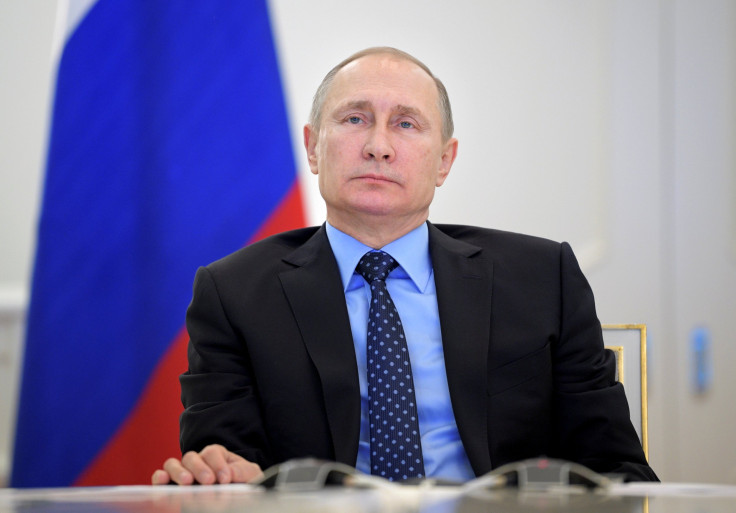What Will Happen In 2017? Predictions For Trump, Putin, Kim Jong Un In The Year Ahead

The untimely deaths in recent days of George Michael and Carrie Fischer have for many only added to the eagerness for 2016 to come to an end. It has been a year of not only having to wave goodbye to beloved celebrities but of stunning political upheaval and increased divisiveness, both in the United States and across the world. In a poll conducted by the Associated Press-Time Square alliance released this week, only 18 percent of Americans said things got better for the country in 2016.
But will things get any better in 2017? One survey of foreign-policy experts has warned that there is plenty to be concerned about in the year ahead.
Among the possible scenarios in 2017 are a deliberate or unintended military confrontation between Russia and NATO member countries as well as a severe crisis in North Korea, according to experts questioned for The Council on Foreign Relations’ ninth-annual Preventative Priorities Survey.
A confrontation involving Russia could occur over the assertive behavior of Vladimir Putin in Eastern Europe. As for North Korea, it is predicted that the country’s nuclear or intercontinental ballistic missile weapons testing, military provocation or internal political stability within Kim Jong Un’s regime could lead to crisis.
Both events are listed among those that would have a high impact on the United States and a moderate likelihood of transpiring. Also included in that category are a mass casualty terrorist attack in the U.S. and a “highly disruptive cyber-attack on U.S. critical infrastructure.”
Of course, much will depend on the actions of arguably the most unpredictable incoming president of recent times. And Donald Trump will perhaps set the tone for the year ahead when he gives his inaugural address Jan. 20.
Trump’s coziness to Putin has been the subject of much discussion, while he has already caused a rupture in the relationship with China. He has also sought to put the responsibility for reigning in North Korea on China, even if he has called Kim a “maniac,” albeit one he would be willing to chat with over a burger.
Relations with Iran also promise to be a hot topic, not only because Trump has vowed to “dismantle” the nuclear deal but because of a presidential election in the country in May. In general, a Trump administration could lead to “frequent confrontation” predicts CBS News Foreign Affair Correspondent Margaret Brennan.
The mood of 2017 will also be set by events in Europe. After a series of populist uprisings over the past 12 months, headlined by Britain’s vote to leave the European Union, more key political dates await, including the British government’s plan to trigger Article 50 by the end of March, signaling the start of the country’s two-year period to leave the EU.
Also in March, elections will be held in the Netherlands, where far-right, anti-Muslim candidate Geert Wilders is the front-runner to become prime minister despite being convicted of inciting discrimination earlier this month.
A similarly populist candidate, Marine Le Pen, is a leading contender going into the French presidential elections in April. And Angele Merkel, once seen as the stabilizing force in European politics, is coming under increasing pressure ahead of elections in Germany scheduled for October, particularly from the rising anti-immigrant Alternative for Germany Party.
While Merkel is expected to win a fourth term and Le Pen currently looks set to miss out to center-right candidate François Fillon, if 2016 has taught us anything it’s that political predictions are far from foolproof.
© Copyright IBTimes 2025. All rights reserved.





















